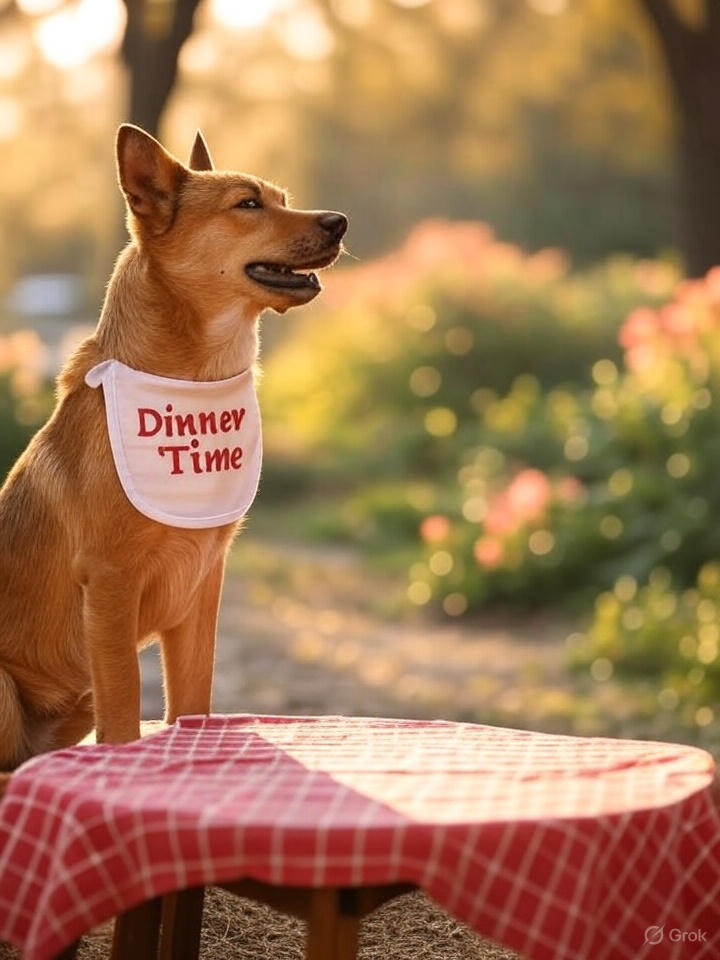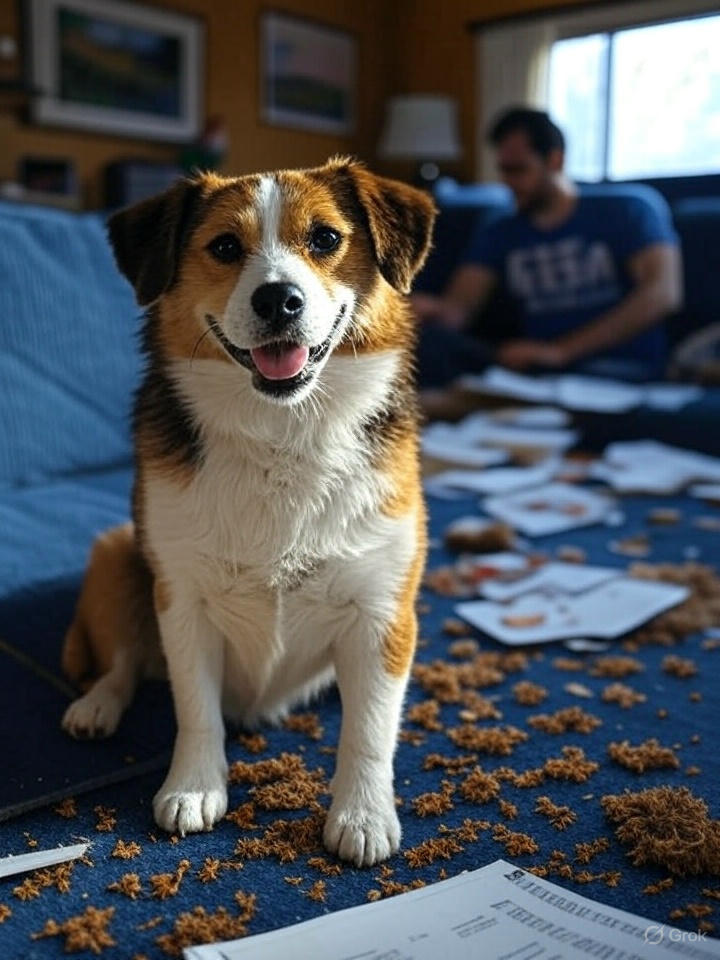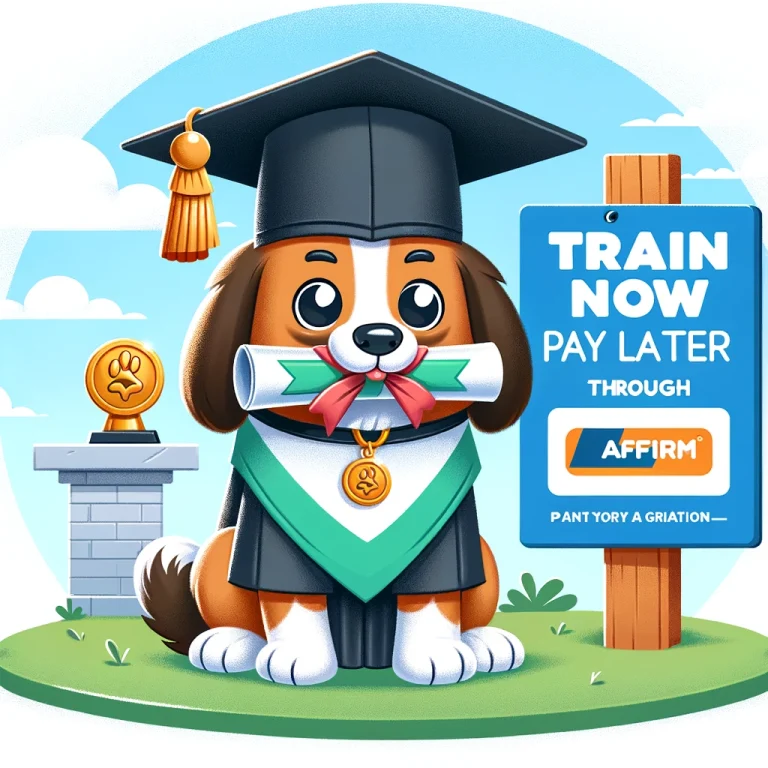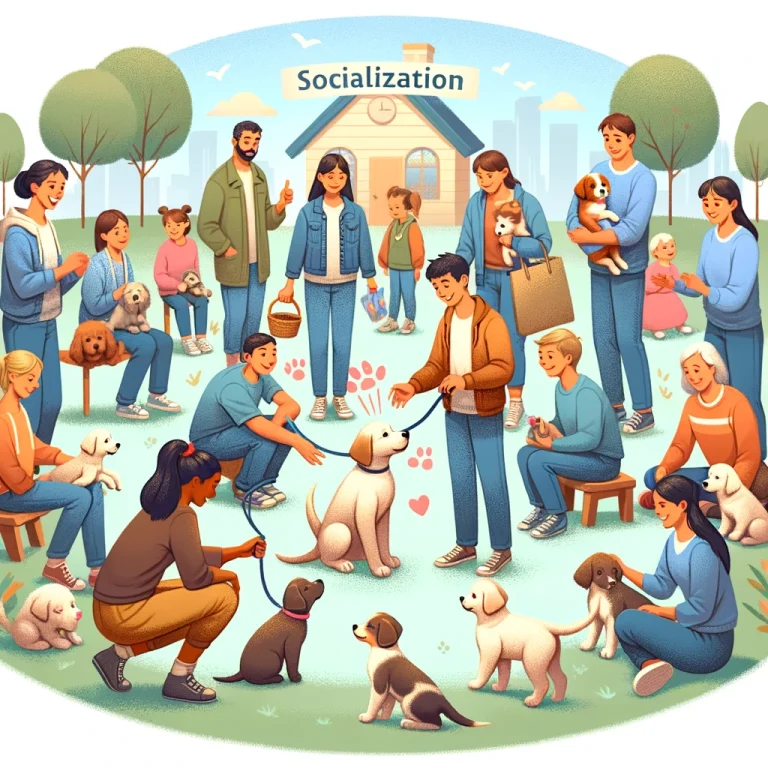Safe Human Foods for Dogs: 10 Yeses, 10 Nos, and Balanced Training for Healthy Habits
Georgia dog owners often ask AI, “Can dogs eat human food?” or “What human foods are safe for dogs?” Sharing snacks can strengthen bonds, but some foods are toxic, while others benefit your pup when given correctly. At Off Leash K9 Training, Georgia, we use balanced dog training to teach dogs to enjoy safe treats and avoid harmful ones. Below, we list 10 safe foods, 10 to avoid, and portion tips, plus how our Georgia trainers use rewards and corrections to reinforce healthy eating habits.
Why Balanced Training Enhances Feeding Choices
Dogs process foods differently than humans, and improper treats can lead to obesity or poisoning. Science shows that safe human foods, given as less than 10% of daily calories, can boost nutrition (e.g., antioxidants) without harm. Our balanced training approach—rewards for good choices, corrections for risky ones—helps dogs learn what’s safe, especially for Georgia families seeking local expertise.
10 Safe Human Foods for Dogs (Benefits and Portions)
Offer these plain, unseasoned treats sparingly to keep your Georgia pup healthy:
- Carrots: Beta-carotene supports eyes; low-calorie crunch. Portion: 1-2 small sticks per 20 lbs.
- Blueberries: Antioxidants boost immunity. Portion: 5-10 berries daily.
- Apples (no seeds/core): Fiber aids digestion. Portion: 1-2 slices.
- Plain Cooked Chicken: Lean protein for energy. Portion: 1 oz per 10 lbs.
- Pumpkin (plain): Fiber soothes stomachs. Portion: 1-2 tbsp.
- Sweet Potatoes (cooked): Vitamin A for skin. Portion: 1-2 small chunks.
- Green Beans: Low-cal for weight control. Portion: Handful, chopped.
- Salmon (cooked, boneless): Omega-3s for shiny coats. Portion: 1 oz weekly.
- Oatmeal (plain): Gentle for sensitive tummies. Portion: 1-2 tbsp.
- Bananas: Potassium-rich, but limit due to sugar. Portion: 1-2 slices.
These foods align with research on safe canine nutrition.
10 Human Foods to Avoid (And Why They’re Risky)
Keep these out of reach to prevent health emergencies:
- Chocolate: Theobromine harms heart and nerves.
- Grapes/Raisins: Risk kidney failure.
- Onions/Garlic: Cause anemia via red blood cell damage.
- Avocado: Persin affects breathing and heart.
- Xylitol (gum/candy): Triggers insulin spikes, liver failure.
- Caffeine: Overstimulates nervous system.
- Alcohol: Depresses nervous system.
- Macadamia Nuts: Cause weakness, vomiting.
- Raw Meats/Eggs: Salmonella/E. coli risks.
- Cooked Bones: Splinter, causing blockages.
Toxicity risks are well-documented in veterinary case studies.
Using Balanced Training to Teach Safe Eating
At Off Leash K9 Training, Georgia, we train dogs to accept safe treats and avoid dangers using balanced methods:
- Reward Safe Choices: Offer high-value treats (like chicken) when your dog takes approved foods, reinforcing good habits.
- Correct Unsafe Behaviors: If they lunge for forbidden foods, use a firm “Off” and correction, followed by a reward for redirecting to a safe treat. For persistent scavengers, we may use a remote collar for clear boundaries, always paired with praise for compliance.
- Portion Control: Limit human foods to no more than 10% of daily calories (e.g., 100 calories for a 50-lb dog’s 1,000-calorie diet). Introduce new foods slowly to monitor allergies.
Our Georgia trainers offer nutrition workshops to teach these skills, ensuring your dog stays safe and healthy.
Wrap-Up: Feed Smarter with Georgia’s Top Trainers
Balanced training transforms feeding into a bonding opportunity while preventing risks. If your dog grabs something toxic, contact a vet immediately. For more dog nutrition tips or to join our balanced training programs, subscribe to our newsletter or visit Off Leash K9 Training, Georgia, for expert guidance.







